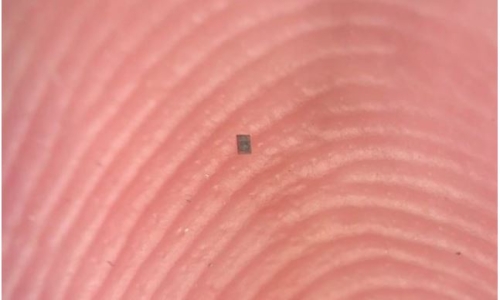


 3:54:54
3:54:54  2024-07-20
2024-07-20  842
842

The link between exercise and better brain health is well established, but a new study suggests that these benefits can carry on long after some forms of exercise, improving brain function in older adults for up to five years.
Researchers from the University of Queensland in Australia wanted to take a closer look at how staying active might ward off dementia, and in particular how much exercise is needed to make a difference to cognitive decline.
Their work follows previous studies showing how exercise could reverse cognitive decline in mice by activating the growth of stem cells, which could then increase the production of new neurons in a part of the brain called the hippocampus, linked to learning and memory.
Here, they found that high-intensity interval training (HIIT), maintained for half a year, seems to hit the threshold for brain improvements and retain cognitive sharpness in the following years.
"Six months of high-intensity interval training is enough to flick the switch," says University of Queensland neuroscientist Perry Bartlett.
In the study, 151 participants aged 65–85 were split up into three exercise groups for six months: low-intensity training (such as stretching), medium-intensity training (brisk treadmill walking), and high-intensity training (close to maximum effort on exercise bikes).
Using a combination of brain scans and blood samples, the researchers were able to measure changes in the brain. Only the HIIT group showed signs of a cognitive boost immediately after the exercise program – and a long time later.
"We followed up with them five years after the program and incredibly they still had improved cognition, even if they hadn't kept up with the exercises," says neuroscientist Daniel Blackmore from the University of Queensland.
There's still lots of work to do here. While the brain scans combined with biomarkers give us a good idea of cognitive ability, closer analysis is required to understand more about how the brain is benefiting and the biological mechanisms at play.
The team also wants to look at how genetic factors might influence these associations across larger groups of people. Different people react differently to exercise, so in some cases HIIT might not be much help.
However, taken with earlier studies, it's yet more evidence that exercise routines could be used to help fight against the rising rates of dementia we're seeing in the elderly – and that the protective effects could last longer than we thought.
"If we can change the trajectory of aging and keep people cognitively healthier for longer with a simple intervention like exercise, we can potentially save our community from the enormous personal, economic and social costs associated with dementia," says Bartlett.
Reality Of Islam |
|

Some 1.2 bi

A tiny robo

By applying
 9:3:43
9:3:43
 2018-11-05
2018-11-05
10 benefits of Marriage in Islam
 7:5:22
7:5:22
 2019-04-08
2019-04-08
benefits of reciting surat yunus, hud &
 9:45:7
9:45:7
 2018-12-24
2018-12-24
advantages & disadvantages of divorce
 11:35:12
11:35:12
 2018-06-10
2018-06-10
 6:0:51
6:0:51
 2018-10-16
2018-10-16
 8:21:9
8:21:9
 2018-06-21
2018-06-21
a hero waters thirsty wild animals
 9:4:9
9:4:9
 2022-01-06
2022-01-06
 10:35:40
10:35:40
 2022-05-26
2022-05-26
 9:42:16
9:42:16
 2022-10-19
2022-10-19
 7:59:14
7:59:14
 2018-06-21
2018-06-21
the happy life of mankind requirement
 6:36:36
6:36:36
 2022-01-25
2022-01-25
 8:3:0
8:3:0
 2018-06-21
2018-06-21
 5:41:46
5:41:46
 2023-03-18
2023-03-18
| LATEST |